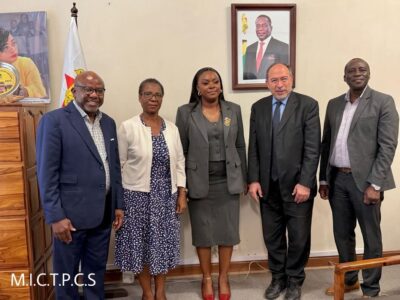South Africa finds itself at the crossroads of technology and policy as Elon Musk’s Starlink battles to enter the local market. The country’s strict Black Economic Empowerment (BEE) laws, which require a percentage of businesses to be Black-owned, present a major obstacle to the satellite internet provider’s licensing.
The dilemma is clear while expanding internet access is a national priority especially for the 25% of South Africans currently offline—applying existing ownership rules could block Starlink’s entry. The African National Congress (ANC) remains divided on whether to grant an exception. Some members argue that flexibility, similar to “equity equivalent programmes” used in industries like automotive manufacturing, could attract investment and improve connectivity. Others view any exception as a compromise on economic transformation.
Elon Musk’s outspoken criticism of South Africa’s policies has only added fuel to the fire, making some ANC leaders hesitant to accommodate him. Meanwhile, Communications Minister Solly Malatsi (Democratic Alliance) has hinted at potential exemptions, but former ANC communications officials insist Starlink must comply with BEE laws. At the same time, ANC Trade Minister Enoch Godongwana has proposed a R100 billion “transformation fund” to support Black-owned businesses—a move the DA warns could stifle economic growth.
Even President Cyril Ramaphosa has entered the conversation, meeting with Musk and inviting him to invest in the country. But as of now, Starlink remains unlicensed, and its future in South Africa is uncertain.
For those following similar debates in neighboring Zimbabwe, this situation feels familiar. Just last year, Zimbabwean officials dismissed Starlink’s prospects, citing security risks and regulatory barriers. Some experts insisted the company could never comply with local laws. Yet, everything changed overnight when President Emmerson Mnangagwa took to X (formerly Twitter) to announce that he had authorized Starlink’s licensing. Almost instantly, critics within the ruling party pivoted, hailing the service as a game-changer for rural connectivity.














Comments